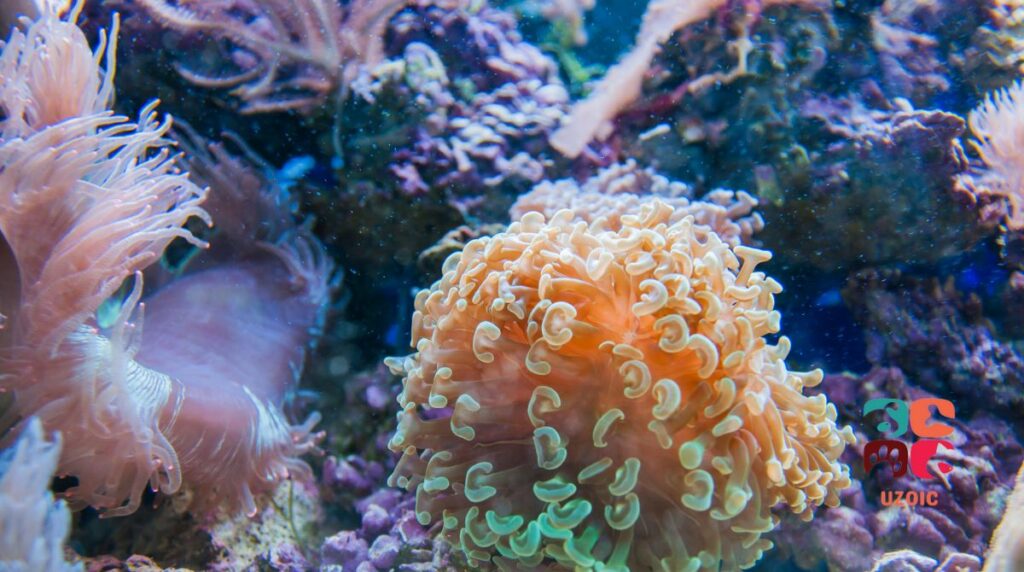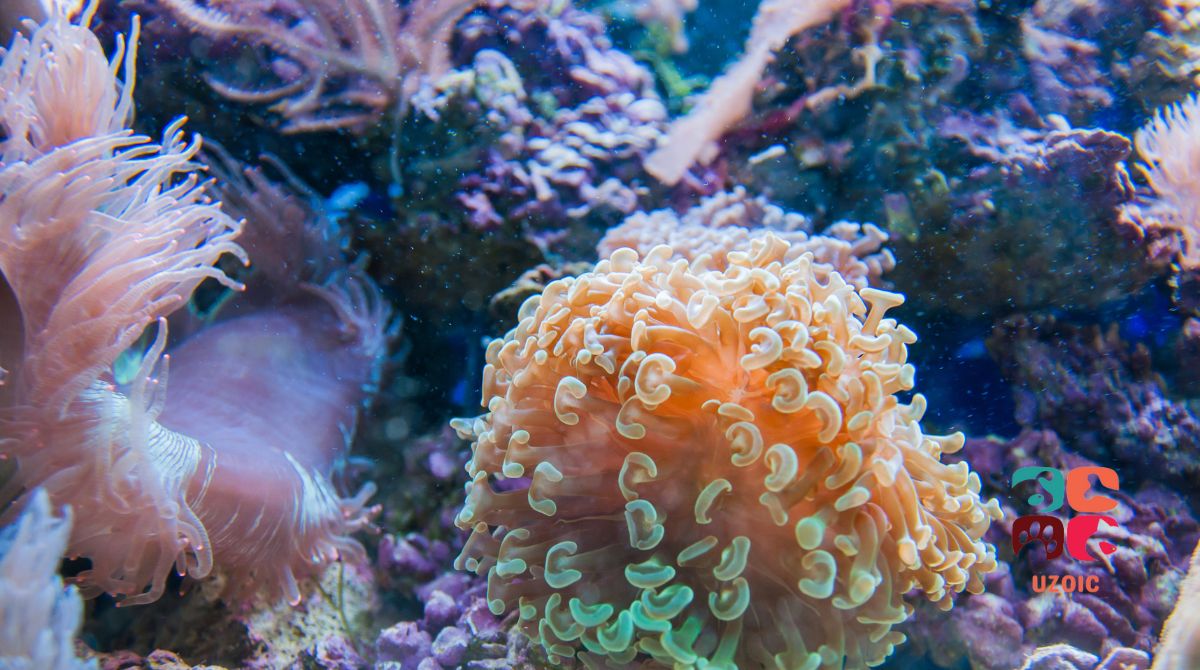Your coral won’t open, and you are not sure why? Coral can close up for a number of reasons, including lack of light, low pH levels, or high levels of ammonia, salinity, nitrates, and phosphates. In this blog post, we will discuss the causes of coral closure and how to correct them.
If your coral is not opening up, the first thing you should check is light level. Coral needs a certain amount of light to open up, and if the level is too low, they will close up. The second thing you should check is the water quality in your aquarium.
The top reasons why coral does not open is due to water parameters as below:
Ammonia: Ammonia is one of the most toxic chemicals to marine life, and it’s also a Coral Killer. Ammonia is produced by the decomposition of fish waste, uneaten food, and other organic matter in your aquarium.
Nitrites: Nitrites are the second most toxic chemical to marine life and are produced by the oxidation of ammonia. Coral is very sensitive to nitrites and will close up if the levels are too high.
Nitrates: Nitrates are not as toxic as ammonia or nitrites, but they can still stress Coral and cause them to close up. Nitrates are produced by breaking down fish waste, uneaten food, and other organic matter in your aquarium.
Phosphates: Phosphates are another water parameter that can stress Coral and cause them to close up. Phosphates are found in fish food, aquarium gravel, and tap water. Corals are sensitive to high levels of phosphates and will close up if the levels are too high.
Salinity: Salinity is a measure of the amount of salt in water. Corals are sensitive to changes in salinity and will close up if the levels are too high or too low.
Temperature: Corals are sensitive to changes in temperature and will close up if the levels are too high or too low.
Corals prefer a slightly alkaline pH, and if the levels are too low, they will close up. The third thing you should check is the levels of nitrates and phosphates in your aquarium. Again, Coral can close up if the levels are too high.
To correct these problems, you will need to increase the level of light, raise the pH levels, or reduce the levels of nitrates and phosphates. Once you have corrected the problem, your coral should start to open up again. If your coral is still not opening up, it may be time to consult a professional. Coral can be a delicate creature, and sometimes they need extra care.
Table of Contents
Why Are My Corals Staying Closed?

The most common reason your corals are staying closed is water quality issues, especially ammonia, nitrate, phosphate, and salinity.
One possibility is that they are not getting enough food. Corals rely on a steady microalgae supply, which they capture with their tentacles. If the water around your corals is not rich in microalgae, they may start to starve.
Another possibility is that the water quality in your tank is poor. High ammonia or nitrate levels can cause corals to close up to protect themselves from the toxic water.
Finally, your corals could be closing up because they are stressed. Many factors, such as abrupt changes in temperature or salinity, can cause stress. If your corals are closing up, it is important to try to identify the cause so that you can take steps to correct it.
How Long Does It Take Coral To Open Back Up?
It usually takes coral about 24 to 48 hours to open back up. It might take a little longer for the coral to open back up in some cases. If the coral is not opening back up, then it might be dead.
How Do You Know If Coral Is Dying?
One way to tell if coral is dying is by its color. Healthy coral is usually vibrant and brightly colored while dying coral is often pale or murky. Another way to tell if coral is dying is by its surface. Dying coral may have a mucus-like film on its surface, and its tissue may be raised or have a bumpy texture. In addition, dying coral may have algae growing on it, which can cause the coral to appear dark or discolored.
When coral is dying, it will often change color. This is because the algae that live in symbiosis with the coral depart, leaving the coral to fend for itself. Unfortunately, the coral will also become more susceptible to disease and bleaching. If the water quality surrounding the coral is poor, this can also lead to death. In some cases, you may see small patches of dead coral, or large sections may be completely bleached.
Finally, dying coral may release large amounts of slime or mucus, which can often be seen floating in the water near the reef. If you see any of these signs, it’s possible that the coral is dying and in need of intervention.
If you see any of these signs, it is important to take action to improve water quality and protect the coral from further damage.
Is It Normal For Corals To Close Up At Night?
Corals exhibit daily behavior patterns, including a period of rest at night. During the day, most corals are expanded and actively feed on plankton and other tiny organisms. However, when darkness falls, they begin to retract their tentacles and close up their mouths. These nightly closures are thought to serve several purposes, including protecting the coral from predators and reducing water loss.
So, if you see corals beginning to close up as the sun goes down, don’t worry – it’s perfectly normal! This is just another example of how these fascinating creatures have adapted to life in the deep sea.
How To Fix Coral Not Opening?
Coral not opening is a problem that many reef aquarium hobbyists face at some point. The good news is that there are some things you can do to help your coral open back up. One of the first things to check is the water quality in your aquarium. Ensure that the temperature, pH, and salt levels are all within the correct range for your coral.
If everything looks good on that front, the next thing to check is the flow in your aquarium. Coral needs a moderate amount of water flow to stay healthy, so make sure that your filter is functioning properly and that there isn’t too much or too little flow in your tank.
Finally, take a look at the lighting in your aquarium. Coral needs bright light to thrive, so if you notice that your coral isn’t opening up as much as it used to, try increasing the intensity of your lights. By following these steps, you should be able to get your coral opening back up in no time!
Conclusion
As you can see, there are several reasons why your coral might not be opening up. The best way to determine the cause is to test your water parameters and make sure they are within the ideal range for Coral. Test your water parameters regularly and take steps to correct them if they are out of balance. In addition, make sure your coral is getting enough light and flow. By following these steps, you can help ensure that your coral stays healthy and happy for years to come!


